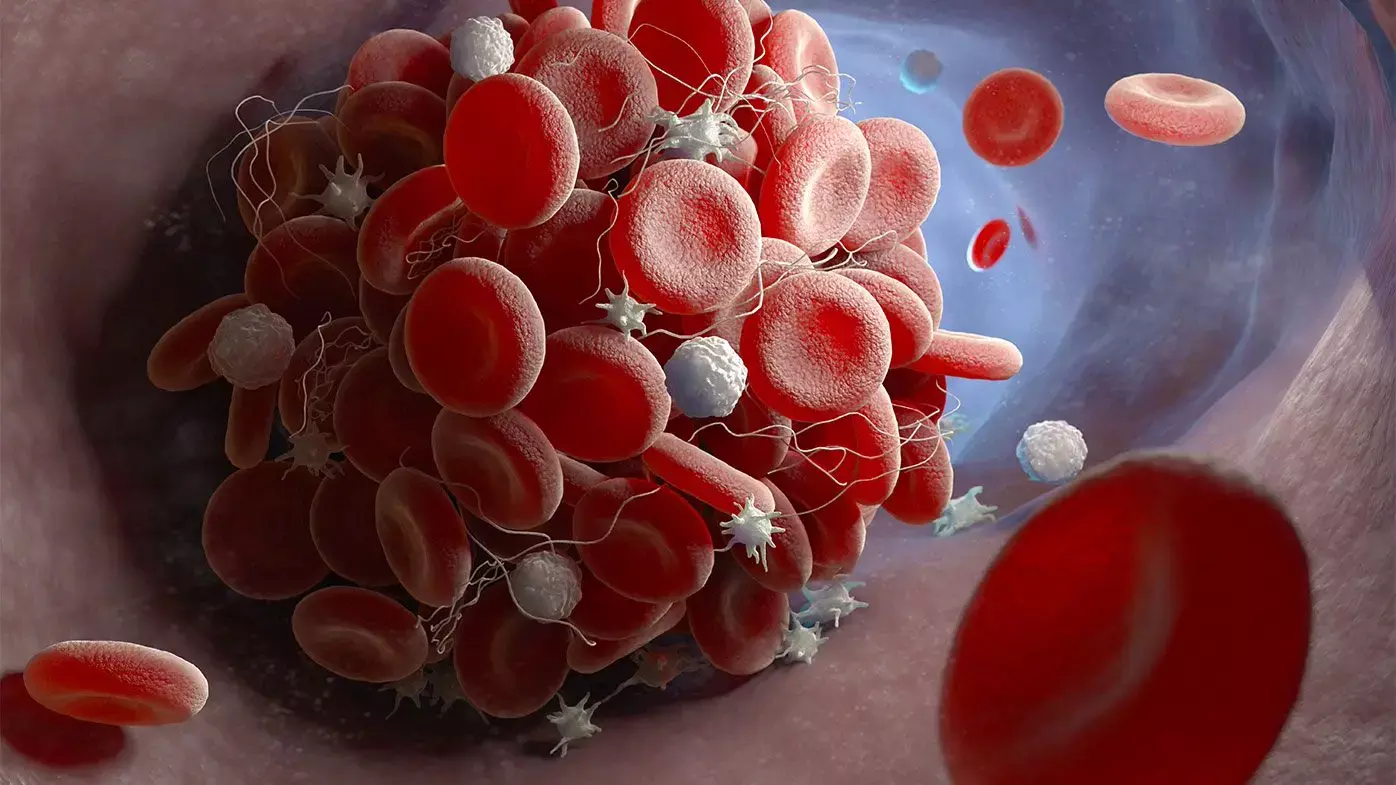- Home
- Medical news & Guidelines
- Anesthesiology
- Cardiology and CTVS
- Critical Care
- Dentistry
- Dermatology
- Diabetes and Endocrinology
- ENT
- Gastroenterology
- Medicine
- Nephrology
- Neurology
- Obstretics-Gynaecology
- Oncology
- Ophthalmology
- Orthopaedics
- Pediatrics-Neonatology
- Psychiatry
- Pulmonology
- Radiology
- Surgery
- Urology
- Laboratory Medicine
- Diet
- Nursing
- Paramedical
- Physiotherapy
- Health news
- Fact Check
- Bone Health Fact Check
- Brain Health Fact Check
- Cancer Related Fact Check
- Child Care Fact Check
- Dental and oral health fact check
- Diabetes and metabolic health fact check
- Diet and Nutrition Fact Check
- Eye and ENT Care Fact Check
- Fitness fact check
- Gut health fact check
- Heart health fact check
- Kidney health fact check
- Medical education fact check
- Men's health fact check
- Respiratory fact check
- Skin and hair care fact check
- Vaccine and Immunization fact check
- Women's health fact check
- AYUSH
- State News
- Andaman and Nicobar Islands
- Andhra Pradesh
- Arunachal Pradesh
- Assam
- Bihar
- Chandigarh
- Chattisgarh
- Dadra and Nagar Haveli
- Daman and Diu
- Delhi
- Goa
- Gujarat
- Haryana
- Himachal Pradesh
- Jammu & Kashmir
- Jharkhand
- Karnataka
- Kerala
- Ladakh
- Lakshadweep
- Madhya Pradesh
- Maharashtra
- Manipur
- Meghalaya
- Mizoram
- Nagaland
- Odisha
- Puducherry
- Punjab
- Rajasthan
- Sikkim
- Tamil Nadu
- Telangana
- Tripura
- Uttar Pradesh
- Uttrakhand
- West Bengal
- Medical Education
- Industry
Abelacimab effectively prevents postoperative venous thromboembolism: NEJM

Abelacimab is effective when administrated in patients after total knee arthroplasty for the prevention of venous thromboembolism, suggests a study published in The New England Journal of Medicine.
There is very limited evidence for the exact role of factor XI in the pathogenesis of postoperative venous thromboembolism. Abelacimab is a monoclonal antibody that binds to factor XI and locks it in the zymogen conformation.
A study was conducted by Verhamme P et. al to investigate the exact role of Abelacimab that inhibits Factor XI in prevention of venous thromboembolism.
The researchers performed an open-labeled, parallel-group trial, wherein they randomly assigned 412 patients who were undergoing total knee arthroplasty to receive one of three regimens of abelacimab:
· 30 mg administered postoperatively in a single intravenous dose
· 75 mg administered postoperatively in a single intravenous dose
· 150 mg administered postoperatively in a single intravenous dose
or to receive 40 mg of enoxaparin administered subcutaneously once daily.
The primary efficacy outcome was venous thromboembolism, detected by compulsory venography of the leg involved in the operation or objective confirmation of symptomatic events.
The principal safety outcome was a composite of major or clinically relevant nonmajor bleeding up to 30 days after surgery.
The results of the study are as follows:
· Venous thromboembolism occurred in 13 of 102 patients (13%) in the 30-mg abelacimab group, 5 of 99 patients (5%) in the 75-mg abelacimab group, and 4 of 98 patients (4%) in the 150-mg abelacimab group, as compared with 22 of 101 patients (22%) in the enoxaparin group.
· The 30-mg abelacimab regimen was noninferior to enoxaparin, and the 75-mg and 150-mg abelacimab regimens were superior to enoxaparin.
· Bleeding occurred in 2%, 2%, and none of the patients in the 30-mg, 75-mg, and 150-mg abelacimab groups, respectively, and in none of the patients in the enoxaparin group.
The researchers concluded that factor XI is crucial for the development of postoperative venous thromboembolism. And with a single intravenous dose of abelacimab Factor XI was inhibited in patients who underwent total knee arthroplasty and it was ultimately effective for the prevention of venous thromboembolism as well as was associated with a low risk of bleeding.
Reference:
A study titled, "Abelacimab for Prevention of Venous Thromboembolism" by Verhamme P et. al published in the new England journal of medicine.
DOI: 10.1056/NEJMoa2105872
Dr. Shravani Dali has completed her BDS from Pravara institute of medical sciences, loni. Following which she extensively worked in the healthcare sector for 2+ years. She has been actively involved in writing blogs in field of health and wellness. Currently she is pursuing her Masters of public health-health administration from Tata institute of social sciences. She can be contacted at editorial@medicaldialogues.in.
Dr Kamal Kant Kohli-MBBS, DTCD- a chest specialist with more than 30 years of practice and a flair for writing clinical articles, Dr Kamal Kant Kohli joined Medical Dialogues as a Chief Editor of Medical News. Besides writing articles, as an editor, he proofreads and verifies all the medical content published on Medical Dialogues including those coming from journals, studies,medical conferences,guidelines etc. Email: drkohli@medicaldialogues.in. Contact no. 011-43720751


